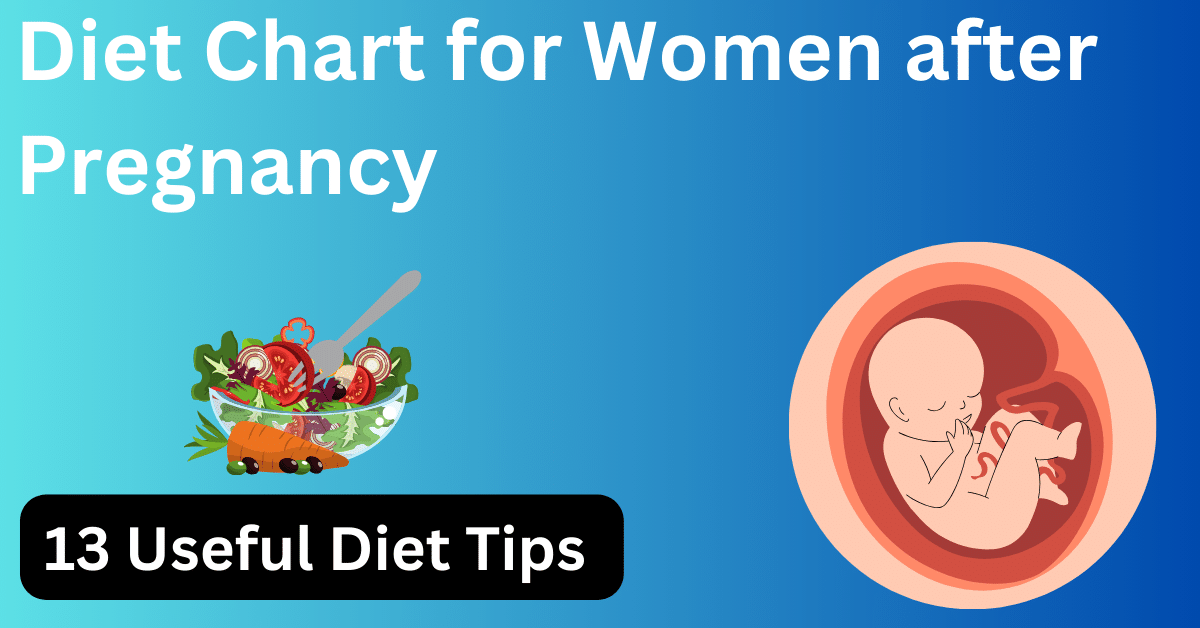Updated: 04-04-2025
Breastfeeding is the most natural and normal way of providing all the nutrients essential for infants’ healthy development and growth.
Almost all mothers can breastfeed their children, but in some cases, a lack of adequate information or misconceptions keeps the baby deprived of his birthright, which is breast milk.
Let us know more about the benefits of breastfeeding for the baby and the mother.
The breast milk contains a yellowish, sticky substance known as colostrums that is produced naturally the moment pregnancy ends and the baby is delivered.
It is the perfect food for the newly born baby and hence doctors advise initiation of the feeding within the first hour of the birth.
Health practitioners advise exclusive breastfeeding for six months of age and continued feeding of breast milk for around two years, along with appropriate complementary foods.
Benefits of Breastfeeding For Baby And Mother
Benefits of Breastfeeding for Children
Breast milk is irreplaceable, and no other nutritional food source can replace it adequately, including the various infant formulas available on the market.
There is a possibility that the breast milk has some accumulation of pollutants.
However, even then it remains a much superior food formula for the infant as compared to any other options.
The small infants are more vulnerable to diseases and are fragile because their bodies are yet to develop fully.
It necessitates special care and the need for adequate nourishment.
Although the infant formula available in the market can mimic some of the nutritional components present in breast milk,.
It cannot fully replace the vast and constantly changing types of essential nutrients that a mother’s milk offers.
Sadly, in many countries, breastfeeding is devalued quite often and unfortunately has to compete with the artificially prepared infant formula companies.
Who advertise their products with such a gloss that modern mothers are tempted to replace breast milk with such a mimicked product.
Studies indicate that breastfeeding offers several health benefits. Some of them include:
Benefits of Breastfeeding in the Early Few Years of the Child
Different studies have suggested that breastfeeding increases the immunity of a child against infection and disease.
Some such facts include:
- Studies reveal that during nursing the antibodies are passed on by the mother to the child, due to which the child’s body becomes resistant to different diseases and infections and hence improves the child’s response to certain vaccines given for increasing immunity.
- Formula-fed children are more prone to respiratory illnesses than breastfed children.
- Rather, one of the research studies indicates that infants brought up on formula feeding have three times more risk of being hospitalised for severe respiratory conditions than infants fed on breast milk.
- The consequences of diarrhoea are three to four times higher in infants feeding on formula food.
- Breastfeeding also improves immunity towards several infections, including ear infections, which are quite common among young children.
- Recent researchers have also suggested that the probability of Sudden Infant Death Syndrome is much lower in breastfed babies.
-
Breastfed babies are less at risk of acquiring allergies such as eczema.
Benefits of Breastfeeding for Children in Later Life
The benefits of breastfeeding are not confined only to the first few years of development of the child. Rather, it continues even in the later part of his life.
Some such benefits that become quite evident as the child grows into an adult are:
- Breastfed infants have a lower tendency to have dental cavities all through their lives.
- Breastfed children are less likely to become obese later in their childhood, whereas formula-fed babies are at a 20 to 30 percent risk of becoming obese.
- Breastfeeding reduces the risk of juvenile diabetes, cancer, high blood pressure, heart disease, and behavioural, psychological, and learning problems in children.
- The breast milk-fed children show better cognitive development and understanding.
How Does Breastfeeding Benefit the Mother?
Studies reveal that breastfeeding plays a major role in improving the health of both the mother and the child.
Just as the breast milk nourishes the baby, similarly its production and delivery help in maintaining the health of the mother.
Some of the benefits of breastfeeding for the mother include:
- Regular breastfeeding helps a woman lose her pregnancy weight after the birth. During lactation, as the milk is produced, many calories are automatically burnt.
- Rather, for some, the weight gain during pregnancy serves as a source of energy for producing milk.
- During breastfeeding, a hormone called oxytocin is released that helps the uterus to come to its normal size quickly.
- According to scientists, breastfeeding is one of the most effective ways to control pregnancy compared to using a condom or diaphragm.
- Which is why in many African countries the mothers keep on nursing their children for a couple of years.
- Breastfeeding reduces the risk of mothers developing osteoporosis after forty.
- Although the process of feeding leads to bone mineral loss, the density of minerals is replenished naturally after lactation.
- Diabetic women can expect their health to improve due to breastfeeding, and women with a family history of cancer are 24% less likely to develop breast cancer.
- Women who breastfeed also have a reduced risk of developing endometrial, uterine, or ovarian cancer.
Economic and Social Benefits of Breastfeeding
Breastfeeding offers economic as well as social advantages.
It is much cheaper than any formula food and keeps medical bills to a minimum because it equips the baby against diseases and infections.
You never have to worry about feeding your baby, as the food is always with you.
On the other hand, a mother feeding formula food has to take all the proper care of the bottles and utensils and hygiene related to it, making travelling a bit of a messy affair.
Thanks for reading this article. Share your comments on this Post

